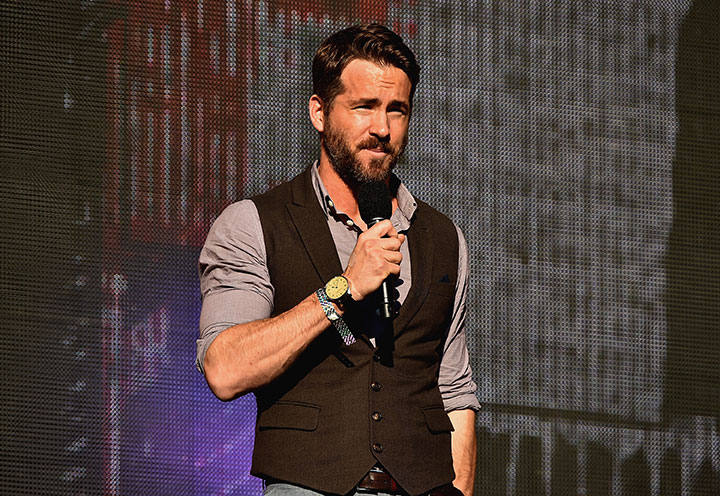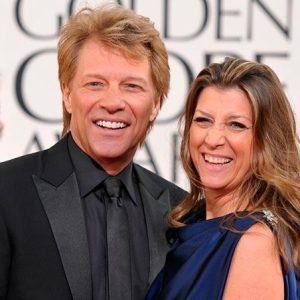As one of Hollywood’s most beloved comedic actors, Ryan Reynolds has made a career out of playing sarcastic, self-deprecating characters who find humor in life’s absurdities. Through films like Deadpool, The Proposal, and Free Guy, Reynolds has proven himself a master of witty one-liners, slapstick physical comedy, and finding the funny within otherwise serious situations. Given his comedic sensibilities and public persona, it’s safe to assume some music videos might not be quite Reynolds’ style. While he likely appreciates a catchy tune as much as the next person, the over-the-top earnestness or inauthentic messaging of certain videos may clash with his comedic timing. Let’s analyze why three popular songs from the early 2000s—Vanessa Carlton’s “A Thousand Miles,” NSYNC’s “It’s Gonna Be Me,” and Meghan Trainor’s “All About That Bass”—are music videos Ryan Reynolds probably wouldn’t enjoy watching based on what we know of his humor.

First up is Vanessa Carlton’s breakout 2002 hit “A Thousand Miles.” With its sweeping piano melody and Carlton’s emotive vocals, the song itself is quite melodic. However, its music video takes the drama and emotion to new heights that may prove too saccharine-sweet for Reynolds’ tastes. The video follows Carlton as she chases a man across the country by car, bus, train, and foot, all while pouring her heart out through song. Scenes show her running through fields, crying in phone booths, and desperately trying to catch up to her love interest at each stop along the way. It’s the epitome of overwrought romance and melancholy longing.
While Reynolds is no stranger to romantic comedies in his film roles, his brand of humor often comes from finding the absurd or ridiculous within even the most sentimental of situations. The maudlin displays of emotion on display in Carlton’s music video are played completely straight, without a hint of irony. There’s no room for Reynolds’ signature deadpan one-liners or self-deprecating jokes to cut through the melodrama. He’s more likely to poke fun at the video’s over-the-top displays of emotion than genuinely engage with them. The whole cross-country chase concept itself also seems a bit far-fetched and contrived for Reynolds’ tastes. He likes his comedy grounded more in reality, even when dealing with outlandish premises like an R-rated superhero film. So the schmaltzy dramatics of “A Thousand Miles” are probably not what he looks for in a music video viewing experience.
Next up is NSYNC’s 2000 hit “It’s Gonna Be Me.” On the surface, its lyrics touting confidence and going after one’s dreams seem inspirational enough. However, Reynolds might find the video’s take a bit too saccharine and inauthentic for his comedic sensibilities. It features the boy band dancing and lip-syncing enthusiastically through colorful, choreographed routines. But the overly polished and synchronized nature of the performances come across less like genuine passion and more like manufactured product. Reynolds’ humor thrives on finding amusing truths within artificial situations, not further enhancing artificiality.
There’s also an earnestness to the video that lacks Reynolds’ trademark self-awareness. He likes poking fun at pretentiousness, not engaging in it straight. Watching five pop stars give high-energy, perfectly timed performances with nary a hint of humor, irony, or self-deprecation might feel a bit grating for Reynolds. His comedy comes from acknowledging absurdity and artificiality, not further enhancing it without comment. The video plays the song completely straight as an anthem without a hint of laughing at itself. For these reasons, the overproduced sheen and earnest delivery of “It’s Gonna Be Me” probably wouldn’t resonate with Reynolds’ comedic sensibilities.
Finally, let’s examine Meghan Trainor’s 2014 smash hit “All About That Bass.” On the surface, its message celebrating curvy women seems aligned with Reynolds’ public support of body positivity. However, the actual music video takes a tone some critics found condescending or even counterproductive to its stated goal. It features Trainor dancing energetically alongside other women of varying sizes, as well as animated sequences exaggerating female figures. But the way it so bluntly calls out “skinny bitches” and frames curvier bodies in comparison sets off alarms for some.

Reynolds’ humor comes from an inclusive, nuanced place that acknowledges multiple perspectives. The video’s approach feels a bit too gimmicky and one-dimensional for his comedic sensibilities. His brand of self-deprecating wit would likely find a way to acknowledge both the good intentions and potential flaws in the messaging. Reynolds also values authenticity – the video’s exaggerated animation and sing-songy delivery of its message of body positivity come across as inauthentic or disingenuous to some. He prefers comedy that engages with messy realities and multiple viewpoints, not just preaching a single perspective.
So in conclusion, while Reynolds likely appreciates a catchy pop song, the overwrought dramatics of “A Thousand Miles,” the artificial earnestness of “It’s Gonna Be Me,” and the potentially counterproductive approach to body positivity in “All About That Bass” don’t seem quite his style. His humor thrives on finding nuance, acknowledging absurdity, and engaging with messy realities – not getting swept up in one-dimensional perspectives or artificial performances. The three videos analyzed here lack Reynolds’ signature self-awareness, grounded approach to comedy, and ability to acknowledge multiple truths – qualities that make him one of Hollywood’s most beloved funnymen. So based on his established comedic sensibilities, these particular music videos may not be Ryan Reynolds’ top choices for entertainment. Of course, only he knows for sure – but this is a lighthearted attempt to analyze why they might not be his cup of tea.





